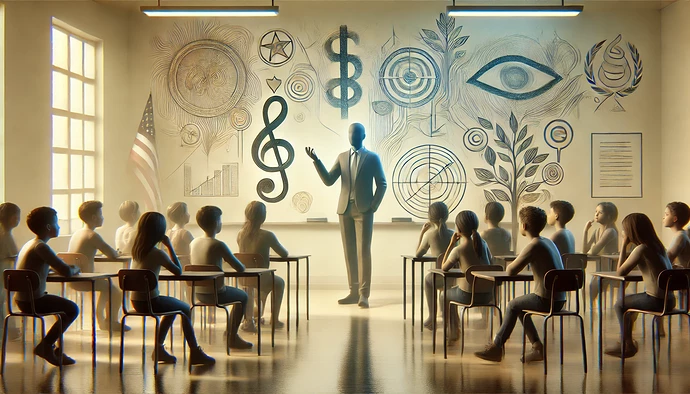Should teachers be allowed to express their politics in class?
Teachers expressing their political views in class raises questions about balancing critical thinking and neutrality. While some believe it fosters open dialogue, others worry it may lead to bias or discomfort for students. The challenge lies in ensuring classrooms remain inclusive spaces for all perspectives.
#EducationDebate #ClassroomNeutrality #FreeExpression #InclusiveLearning #CriticalThinking
In a world where political discussions are more prevalent than ever, the question arises: should teachers be allowed to express their political views in the classroom? Education often serves as a foundation for critical thinking and informed citizenship, but when teachers share their political opinions, it can spark debates about objectivity, influence, and the role of personal beliefs in public education.
Some argue that open discussions, including teachers’ viewpoints, can encourage students to engage critically with diverse perspectives. Others feel that such expressions might cross the line into bias or indoctrination, potentially creating discomfort or exclusion for students with differing beliefs.
What do you think? Should the classroom be a space for neutral education, or can personal perspectives from educators enhance learning? How do we strike a balance between free expression and maintaining an inclusive environment?
